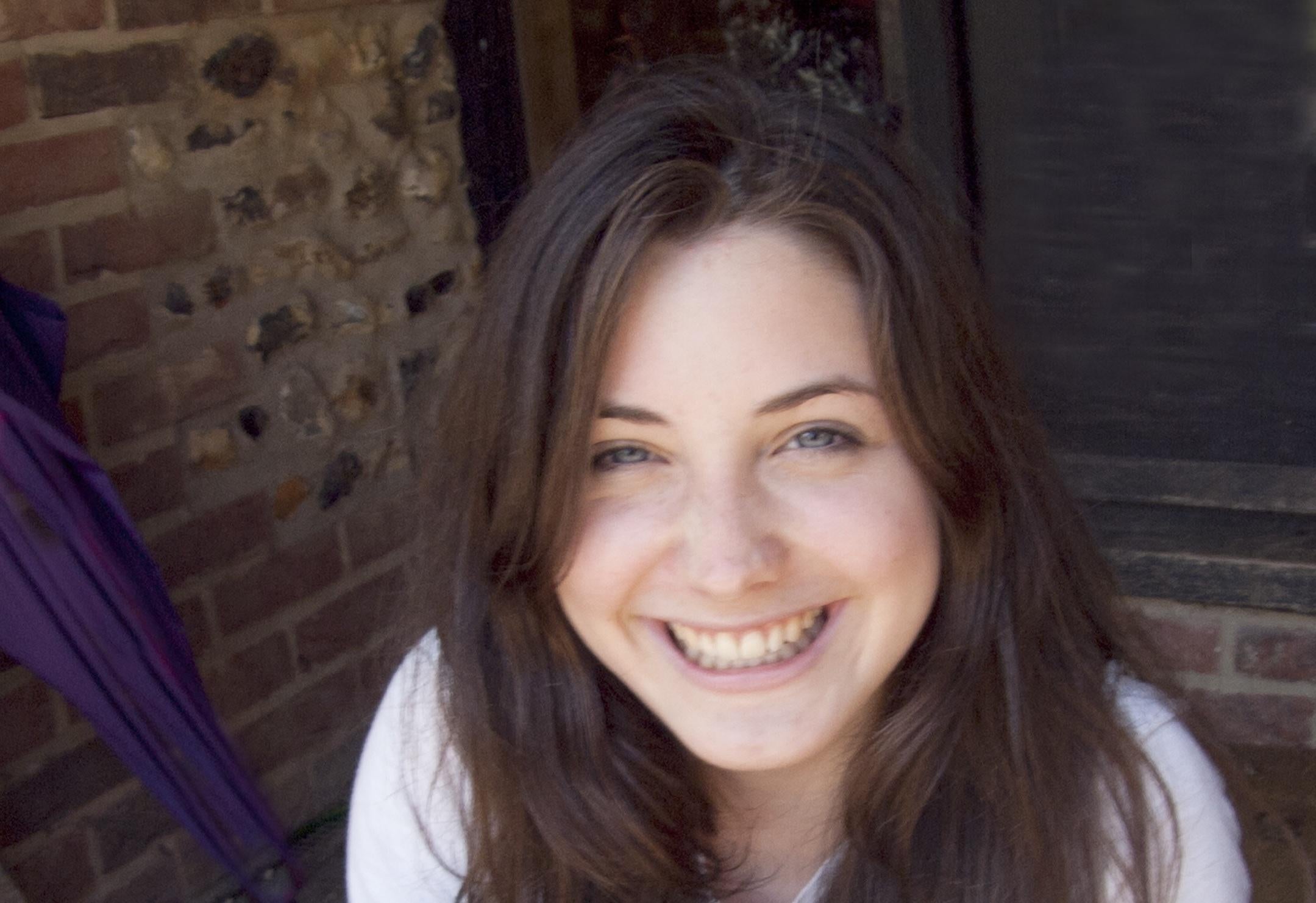Lack of eating disorder training ‘causing preventable deaths’ as patients feel they have to be dangerously underweight to get help
'Adults with eating disorders are being discriminated against because of their age,' charities warn as reports reveal 74 per cent wait over a month for appointment

Your support helps us to tell the story
From reproductive rights to climate change to Big Tech, The Independent is on the ground when the story is developing. Whether it's investigating the financials of Elon Musk's pro-Trump PAC or producing our latest documentary, 'The A Word', which shines a light on the American women fighting for reproductive rights, we know how important it is to parse out the facts from the messaging.
At such a critical moment in US history, we need reporters on the ground. Your donation allows us to keep sending journalists to speak to both sides of the story.
The Independent is trusted by Americans across the entire political spectrum. And unlike many other quality news outlets, we choose not to lock Americans out of our reporting and analysis with paywalls. We believe quality journalism should be available to everyone, paid for by those who can afford it.
Your support makes all the difference.A lack of doctor training on eating disorders is contributing to ‘preventable deaths’ as stretched specialist services are unable to meet demand meaning many people are left in the care of a GP or nurse, experts have warned.
Long waiting times also mean patients feel they are “in limbo” and in some cases try to make themselves as sick as possible and lose more weight in order to be "taken seriously".
A report from the eating disorders charity, Beat, highlights how these pressures and the lack of communication with people on waiting lists can harm chances of recovery and endanger lives.
"I was very conscious of the fact that I was worried about my, how they would interpret my weight, so I felt pressure to lose weight more than I had before," one respondent told the charity.
While another said she felt if she was able to gain weight on her own the service would see her as "wasting their time".
This sense of powerlessness can threaten lives.
A woman called Alice told Beat "I then became suicidal because I just could not see how things were going to change if I didn’t get treatment."
The government has committed a chunk of the NHS budget increase over the next five years to a major investment in mental health. But Beat and others are warning the focus on improving access for child and adolescent (CAMHS) services has not extended to other groups.
The Beat report reveals that just 26 per cent of adults started treatment within four weeks of a referral from a GP, compared to 81 per cent of routine referrals from under 18s.
“Adults with eating disorders are being discriminated against because of their age," Beat’s chief executive Andrew Radford said. It also found significant variation in waiting times around the country.
The average waiting time reported by NHS trusts across the country was 9.5 weeks. But in the the worst performing trust patients waited on average 24 weeks (5.5 months) to start treatment, compared to two weeks in the best trust.
"This research should set alarm bells ringing in the government and NHS," Mr Radford added. "Eating disorders have among the highest mortality rates of any mental illness, yet people’s chances of recovery are being subjected to a lottery and lives are at risk"
Theresa May is currently using her last weeks in office to cement her record on mental health, including a pledge to train teachers to recognise the early signs of mental illness.
However a second report, by the Public Administration and Constitutional Affairs Committee (PACAC) of the House of Commons warns doctors "only receive a couple of hours of training" on eating disorders at medical schools.
It also found an over reliance on bod-mass index as the single criteria for referring someone to eating disorder services, though guidelines recommend using several measures.
The research follows a 2017 Ombudsman report, which found “failures by every NHS organisation” contributed to the death of Averil Hart, 19, from anorexia and the PACAC warns ministers have yet to address these issues.
"We cannot risk any more avoidable deaths from eating disorders," PACAC chair Sir Bernard Jenkin said. "The government needs to adopt a sense of urgency to stop this problem from spiralling, and my committee is calling for swift action to address deficiencies in care.”
A Department of Health and Social Care spokesperson said the NHS long-term plan will see mental health budgets rise by £2.3bn by 2023/24
"We know early intervention is vital - Health Education England is currently working with experts to review training and education resources, to help professionals spot the signs of an eating disorder and act quickly to diagnose and treat it."
Join our commenting forum
Join thought-provoking conversations, follow other Independent readers and see their replies
Comments